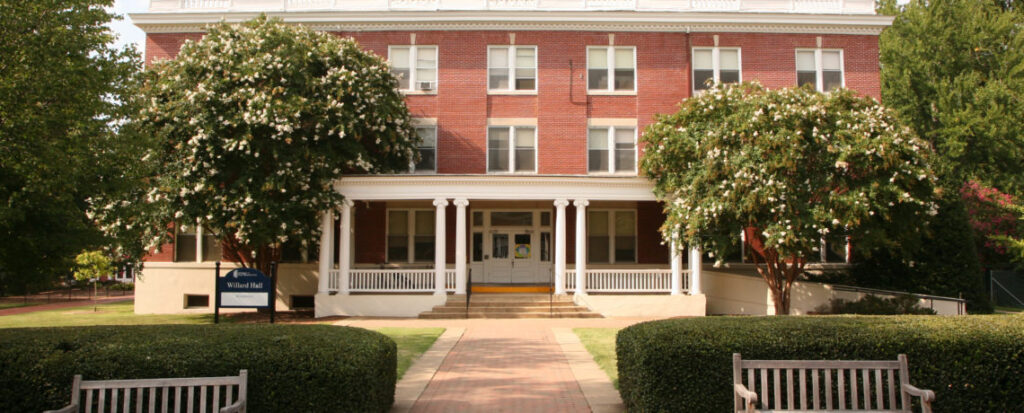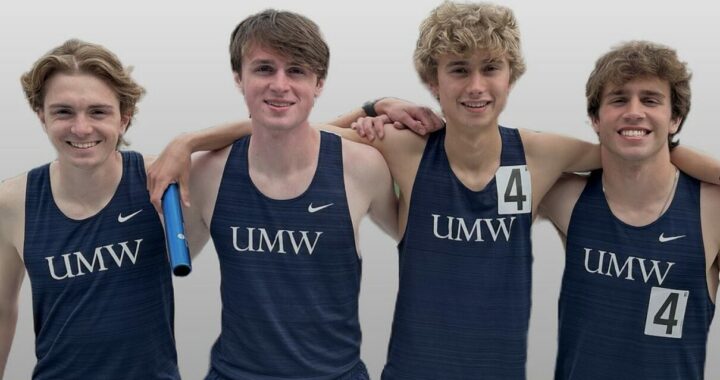Re-evaluating renovations: UMW construction projects address pertinent issues, miss upperclassmen needs
5 min read
The discrepancies between freshman residence halls and upperclassmen residence halls and the need for improvement among academic and residence buildings.
AMANDA SHEWARD
Staff Writer
Mary Washington has been a beautiful and secure campus throughout its over 100-year history, and several buildings like Willard, Virginia and Jepson are newly renovated. There are many renovations that are happening on the campus, but not where they are needed the most.
The renovated residence halls, Willard and Virginia, are much nicer than others, most likely because everyone wants the freshman to enjoy where they are living and have fun in their first year at UMW. These dorms have a lot of space for freshmen to study and to hang out with their friends within the buildings.
Renovations and construction-based projects on campus have affected residence halls for years. After being closed since 2018 due to mold, Alvey Hall was demolished during winter break in 2021, as reported by The Weekly Ringer. The space where the building once stood is now a large grassy area for students to use, known as Alvey Green.
Furthermore, in the fall of 2020, Marshall Hall was designated as a quarantine residence for students who contracted COVID-19 and never reopened due to mold issues. Russell Hall, which neighbors Marshall Hall, was closed to residents for the same reason and shut down in the summer of 2021. The University plans to tear down both buildings to accommodate for their upcoming theatre project.
Russell and Marshall are residence halls that previously housed freshman students, which leaves fewer residence halls for first-year students to live in. However, for the freshmen on campus, there are plenty of dorm halls, such as the recently renovated Willard and Virginia halls. According to UMW’s website on residence halls, there are six first-year dorms, seven upperclassmen dorms and one mixed residence, Madison Hall, that houses students of any year.
As of fall 2021, UMW’s undergraduate enrollment was almost 4,000 students. Even though there are more than 1,000 freshmen in the class of 2027, UMW needs to consider the larger number of upperclassmen students at the university in order to be able to provide adequate housing to those who choose to or need to stay on campus.
When it comes to dorms with amenities more similar to those of an apartment, the only viable residences are Eagle Landing and the UMW Apartments, as they are the only dorms where roommates and their suitemates share a kitchen rather than a communal kitchen that all of the residents share. Learning how to cook for oneself is a necessary skill that students should be able to practice while they’re in college, and having a kitchen shared amongst roommates and suitemates rather than an entire building is more conducive to acquiring these skills.
Additionally, the issue of finances comes into play for students who live on campus, a double room in Eagle Landing costs just over $5,000. The UMW Apartments cost about the same amount for a similar living arrangement, though they are significantly less updated than the dorms in Eagle Landing. In comparison, upperclassmen residences with traditional dorm styles cost around $3,800. This is not okay for students who can’t afford the additional cost, which is why UMW needs to put more consideration into renovating upperclassmen dorms.
As for academic buildings that need to be renovated, the basement in James Farmer Hall underwent recent renovations over the summer. In reference to the building as a whole, sophomore psychology major Amber Candido said, “I just think it looks old and it needs renovations.”
If it were up to the students, both James Farmer and Combs should be fully renovated.
Lindsay Claire, a senior communications and digital studies major said, “I feel like Combs or Farmer should be renovated because they are always breaking down as a building but also the elevators. The issues with the AC every year but also they look outdated compared to other buildings.”
Furthermore, the Communication and Digital Studies Department is now housed in Farmer Hall, which emphasizes the need for space and adequately sized classrooms.
Professor Anand Rao, the chair of the Communication and Digital Studies Department, said, “CDS moved from 1201 William Street to Farmer Hall over the summer. We had originally planned to move the previous summer but that was delayed as we were waiting for renovations in the basement of Farmer so that CPSC faculty could move into their new offices, thus freeing up our current offices on the 2nd floor.”
In reference to additional renovations that could be made on campus, Rao said, “We would like to see the classrooms on the 1st and 2nd floor of Farmer Hall to be renovated to include more current teaching and presentation technology, such as active learning classrooms. Now that CDS is in Farmer, we need more active learning classrooms where we can offer more digital intensive courses.”
This past summer, UMW renovated James Farmer’s basement to make improvements for the Computer Science Department, which is located in the same building. While this is a move in the right direction, as computer science is a popular major at UMW, there is not enough room in Farmer for computer science, communication and digital studies, classics, philosophy and religion and the Leidecker Center for Asian Studies.
While these renovations would take time, money and resources to complete, past projects prove that UMW is capable of initiating them. Furthermore, grants and state funding offer a lot of support. For example, the renovation in the James Farmer basement came from the Tech Talent and Innovation Program Grant.
“There’s an 11.2 million dollar budget to address the accessibility problem needs,” said Capital Outlay Director Gary Hobson. “UMW receives approximately $2 million each year from state funding for deferred maintenance of academic and administrative buildings.”
This funding gives the University the chance to solve certain issues on campus and to improve the condition of the residence halls and academic buildings. Hobson said, “Accessibility improvements are the next most pressing need for our campus.”
The public campus construction website details the plans for construction and renovation at UMW, listing eight different projects overall, but none of them are on residence halls.
Overall, buildings on campus need to be renovated. While UMW has done a great job with renovations to Seacobeck, the basement of James Farmer and freshmen dorms, the University needs to consider what buildings are most problematic in order to provide adequate housing and learning environments for students and faculty alike.











